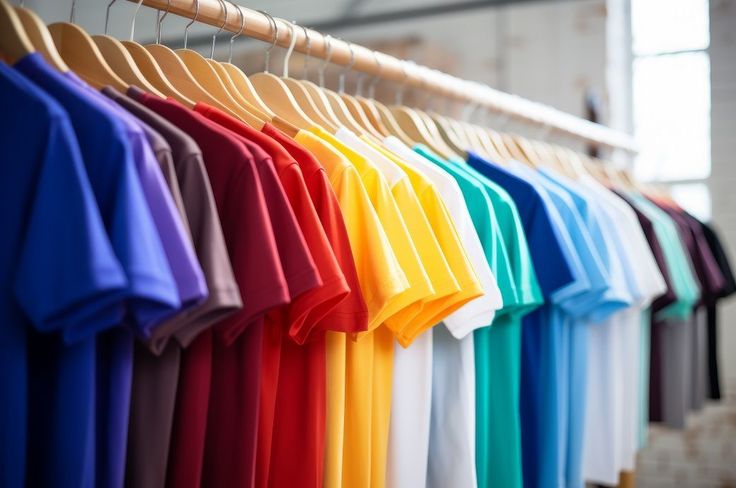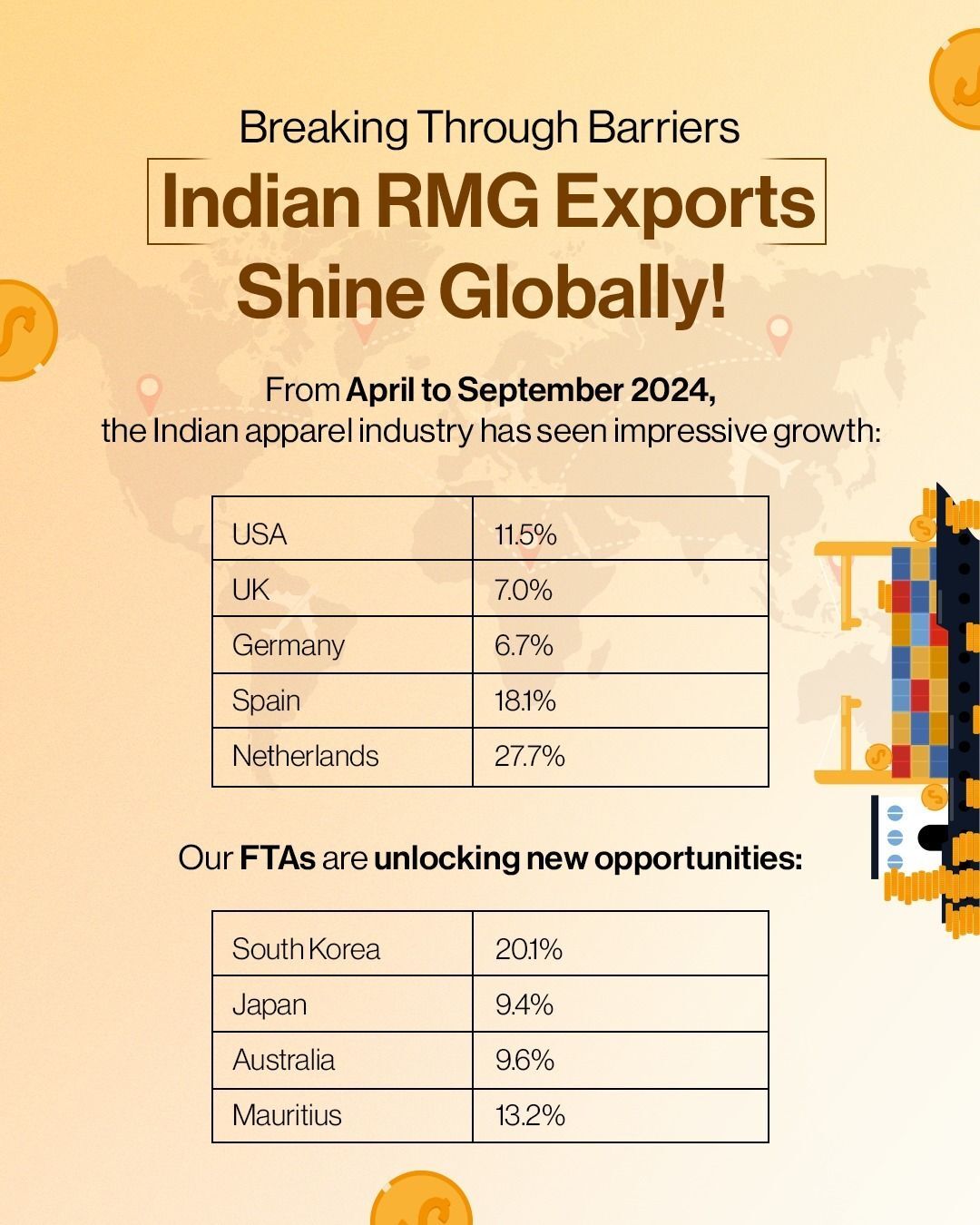
Better Cotton, the world's largest cotton sustainability initiative, has provided feedback on the European Union's proposed Directive on the Substantiation and Communication of Explicit Environmental Claims (Green Claims Directive). The initiative calls for greater clarity and alignment with existing laws to address greenwashing concerns and ensure accurate sustainability claims in the textile industry.
EU's Proposed Directive to Tackle Greenwashing
The EU's proposed directive, published in March, aims to establish common criteria for companies to substantiate their environmental claims, ensuring accuracy and verifiability of sustainability credentials for products and services. The legislative proposals seek to protect consumers and businesses from misleading practices commonly known as greenwashing, which have led to uncertainty among consumers about the authenticity of sustainability claims.
Better Cotton Welcomes the Directive for Clear Guidance
Better Cotton expresses support for the EU's proposed directive, emphasizing the need for clear guidance on communicating claims to standardize industry practices and combat greenwashing effectively. The initiative believes that a clear framework for claim substantiation will empower consumers to make informed purchasing decisions based on genuine sustainability commitments.
Claims Framework as a Pillar of Better Cotton Standard System
One of Better Cotton's key pillars is its Claims Framework, established through a multi-stakeholder consultation process and subject to annual review. The framework enables Better Cotton Members to communicate their commitment to sustainable cotton in an accurate and credible manner. By doing so, companies strengthen their dedication to achieving social, environmental, and economic improvements for cotton farmers and farming communities.
Advocating for Flexibility and Inclusivity
Better Cotton supports the EU's decision not to limit claim substantiation to a single standard methodology, such as the Product Environmental Footprint (PEF) or Life Cycle Assessment (LCA). The organization emphasizes that the multifaceted nature of cotton production requires flexibility in addressing various impact categories and practices across sectors and materials. A one-size-fits-all approach would risk undermining the ability of companies to make credible claims about their commitment to sustainable cotton.
Seeking Clarity and Alignment with Other Legislation
In its feedback, Better Cotton addresses the need for clarity and alignment between the Green Claims Directive and the Directive on Empowering Consumers for the Green Transition, another proposed legislation introduced in March. The initiative seeks to understand how sustainability labels, in addition to environmental labels, would be regulated under these directives, to ensure harmonization and avoid confusion.
Collaboration for Refined Legislation
Better Cotton welcomes the EU's leadership in standardizing sustainability communications and expresses openness to supporting authorities as they refine the proposed legislation based on stakeholder input. The initiative aims to contribute to a just transition towards sustainability, enhancing sustainable livelihoods and environmental responsibility in the textile industry.












